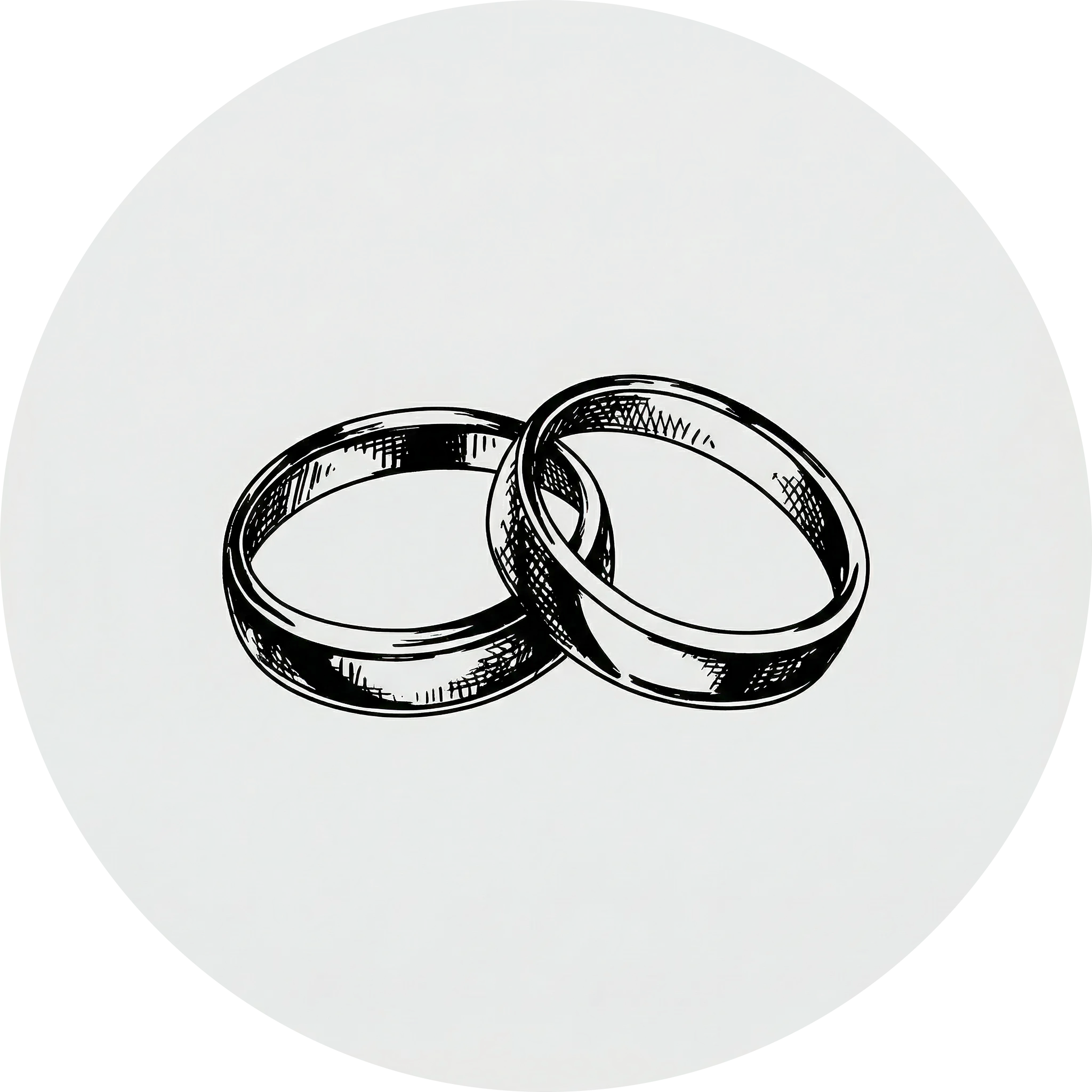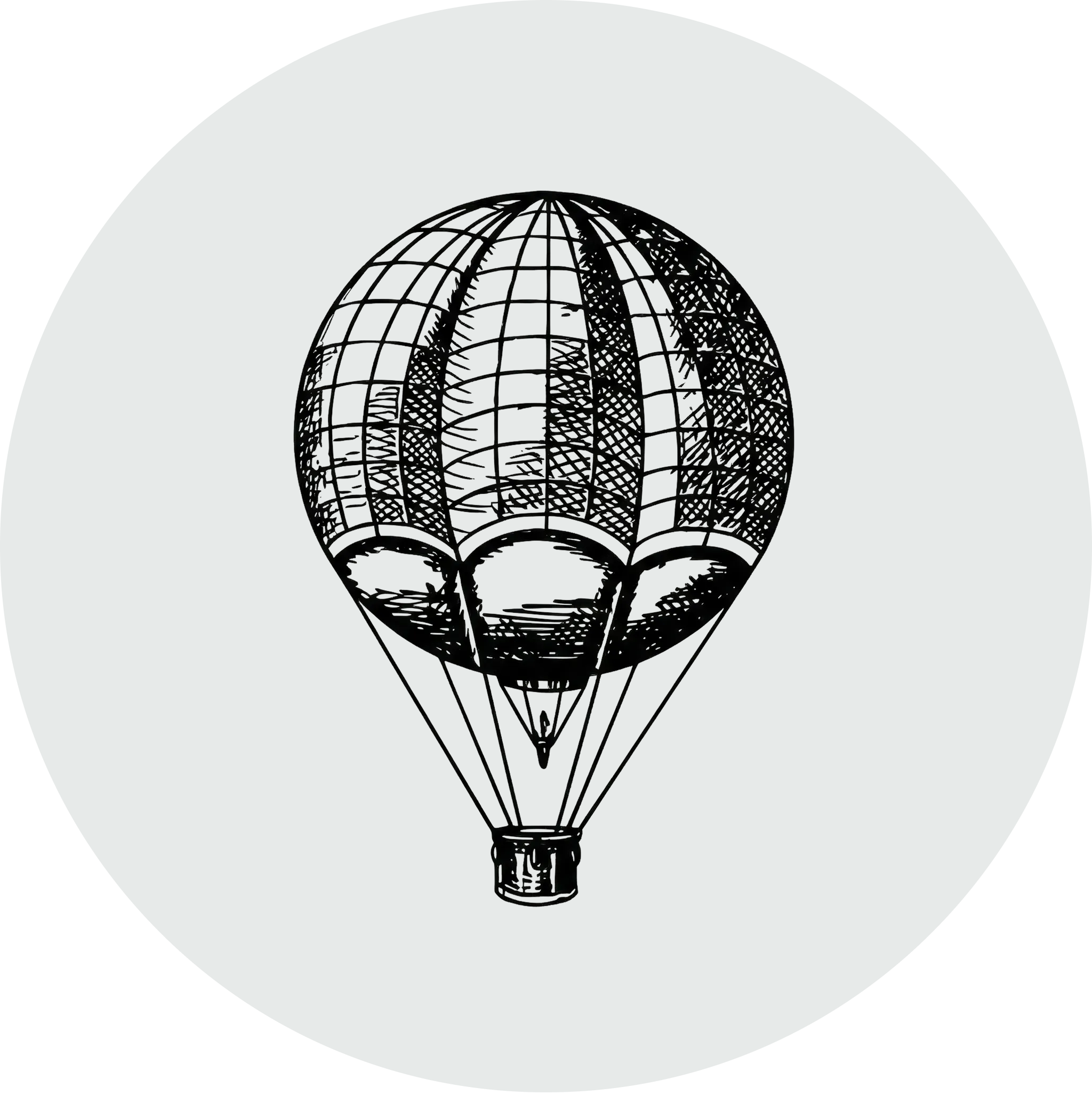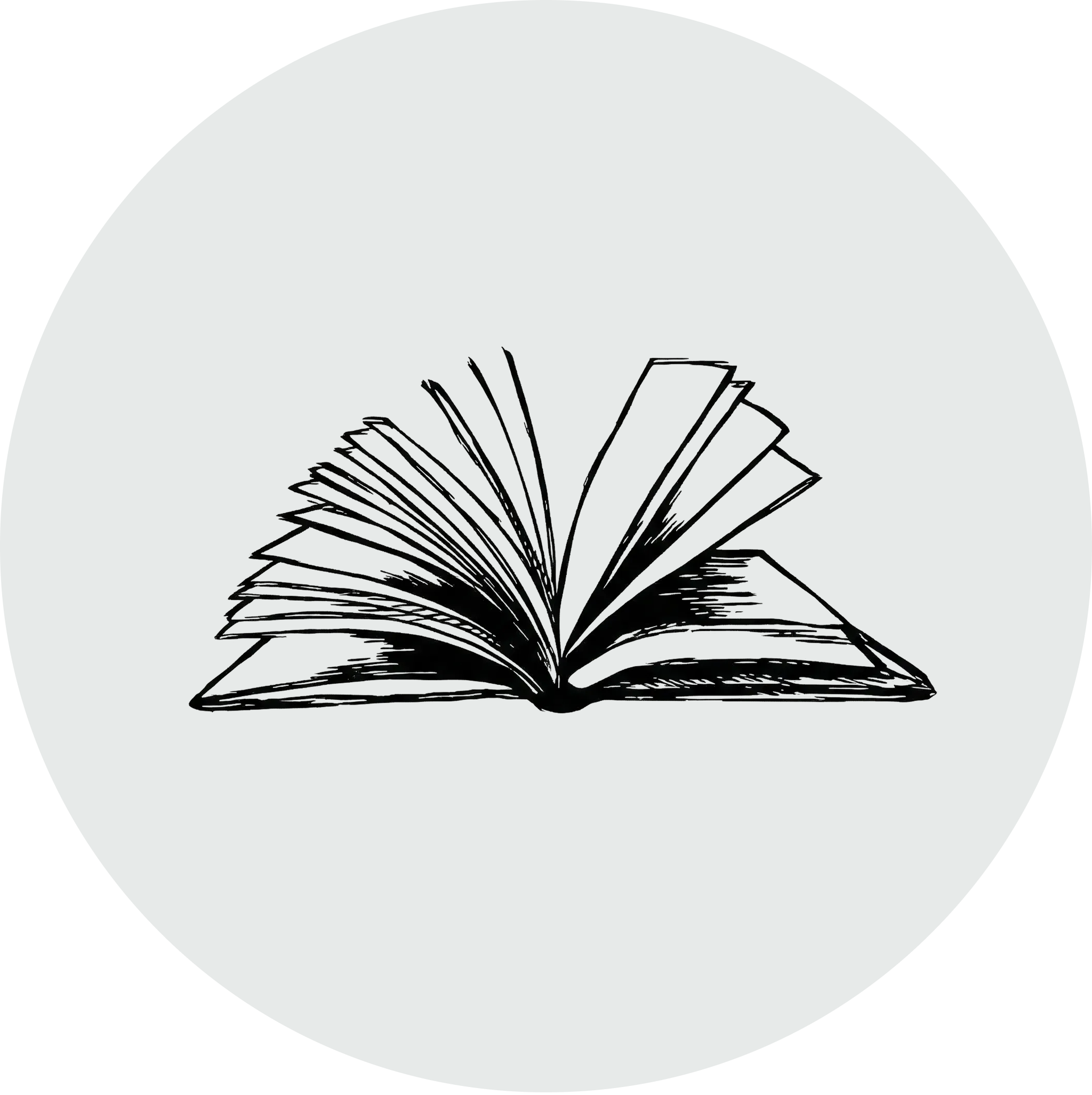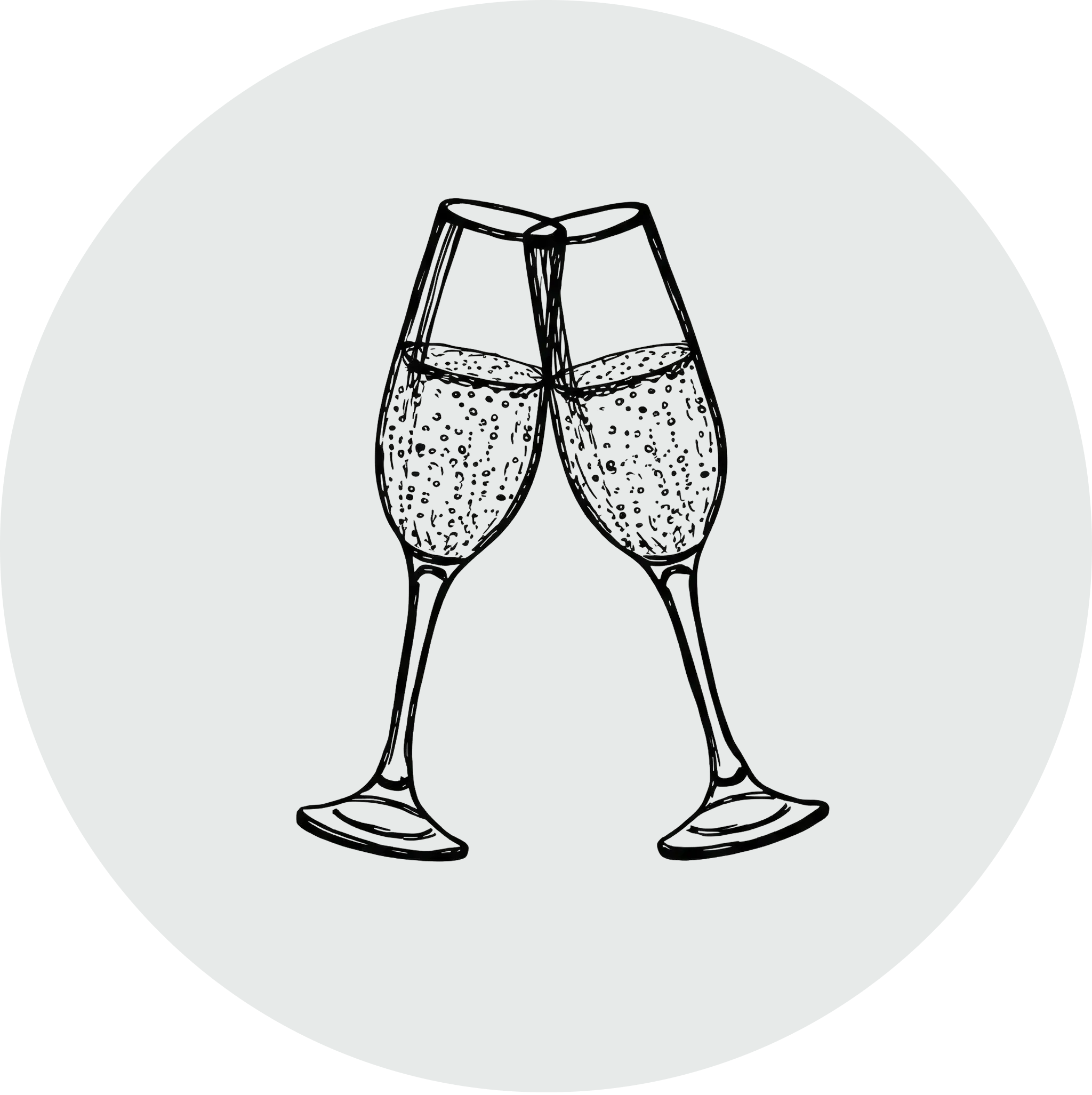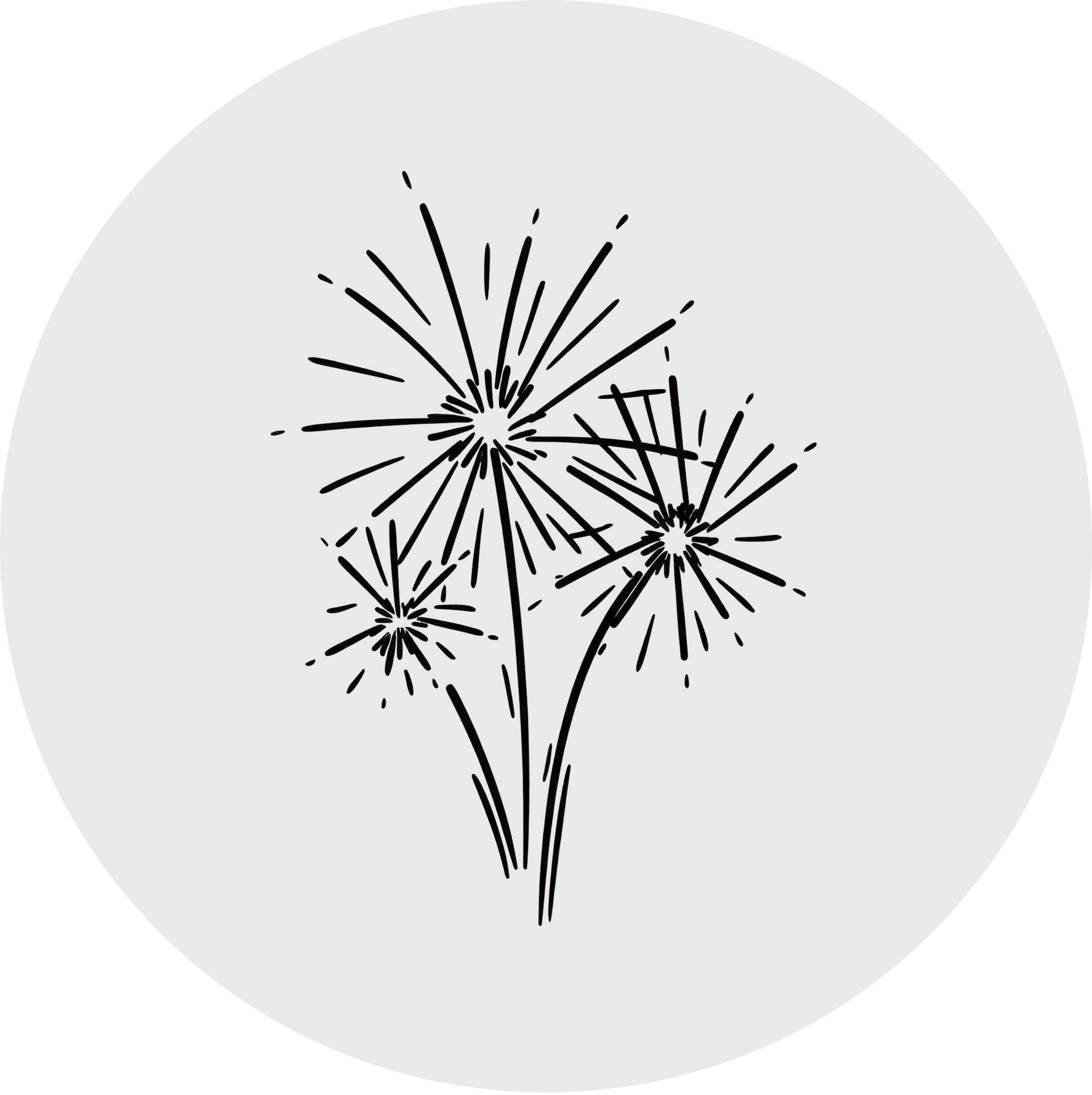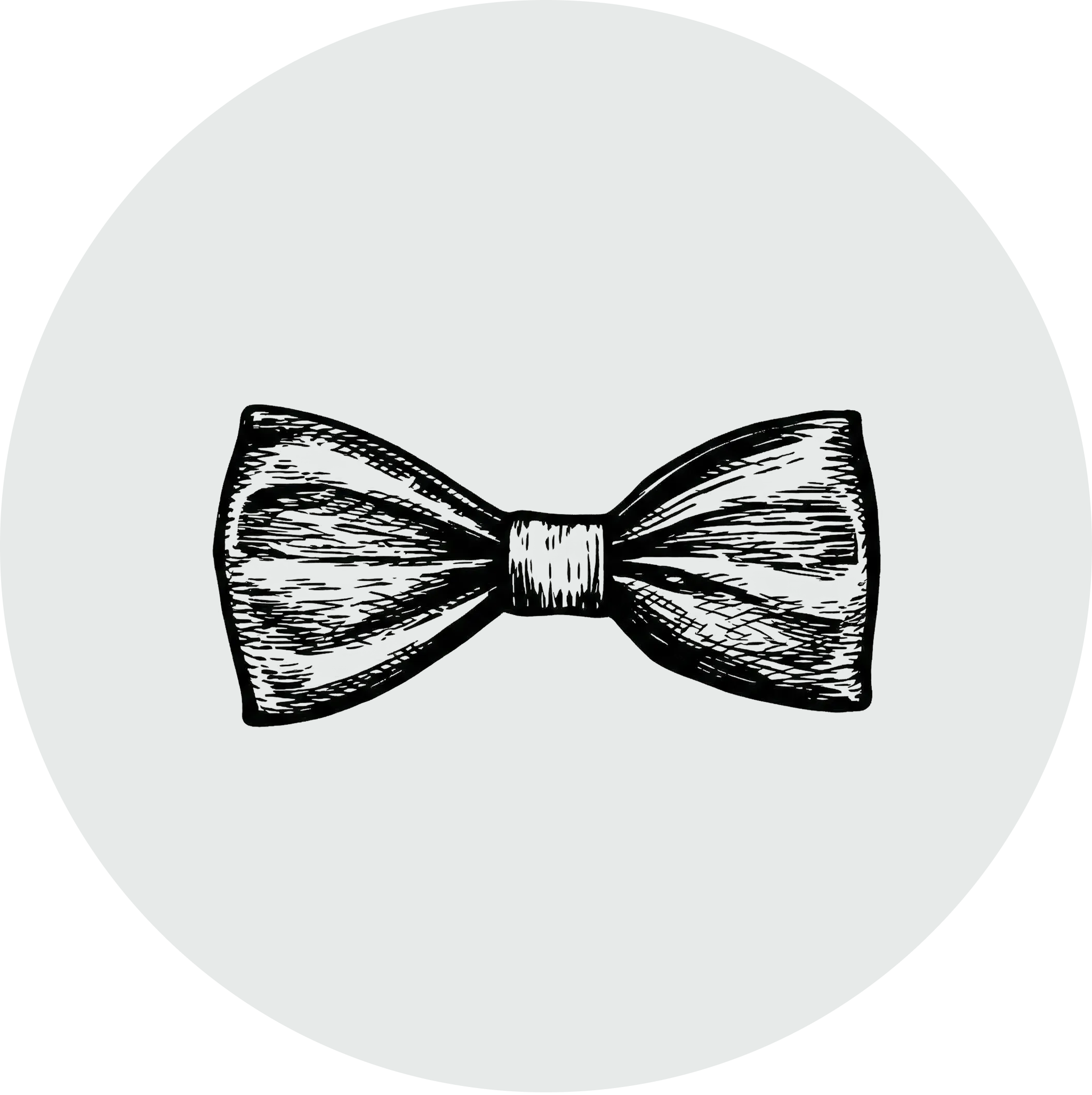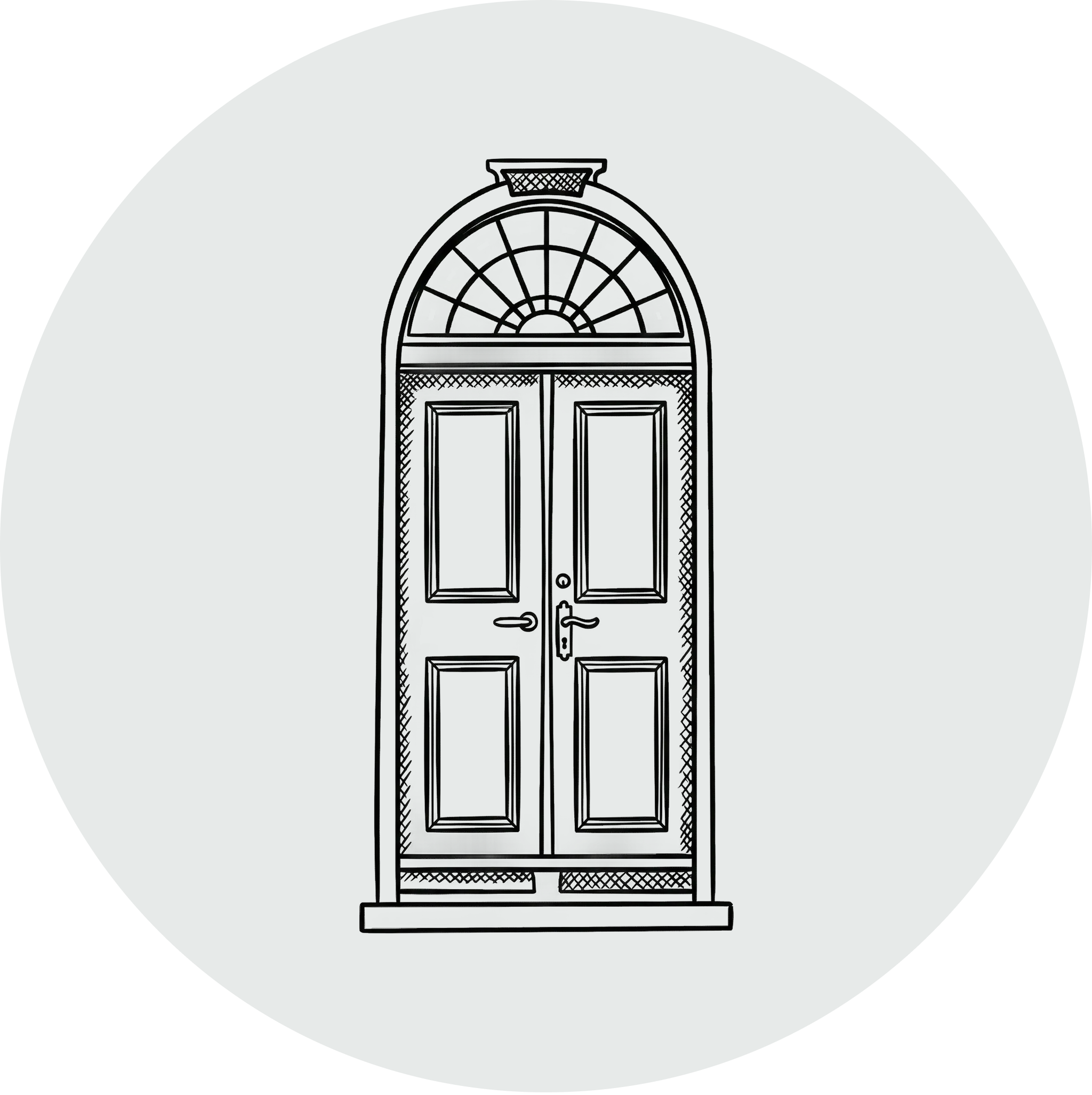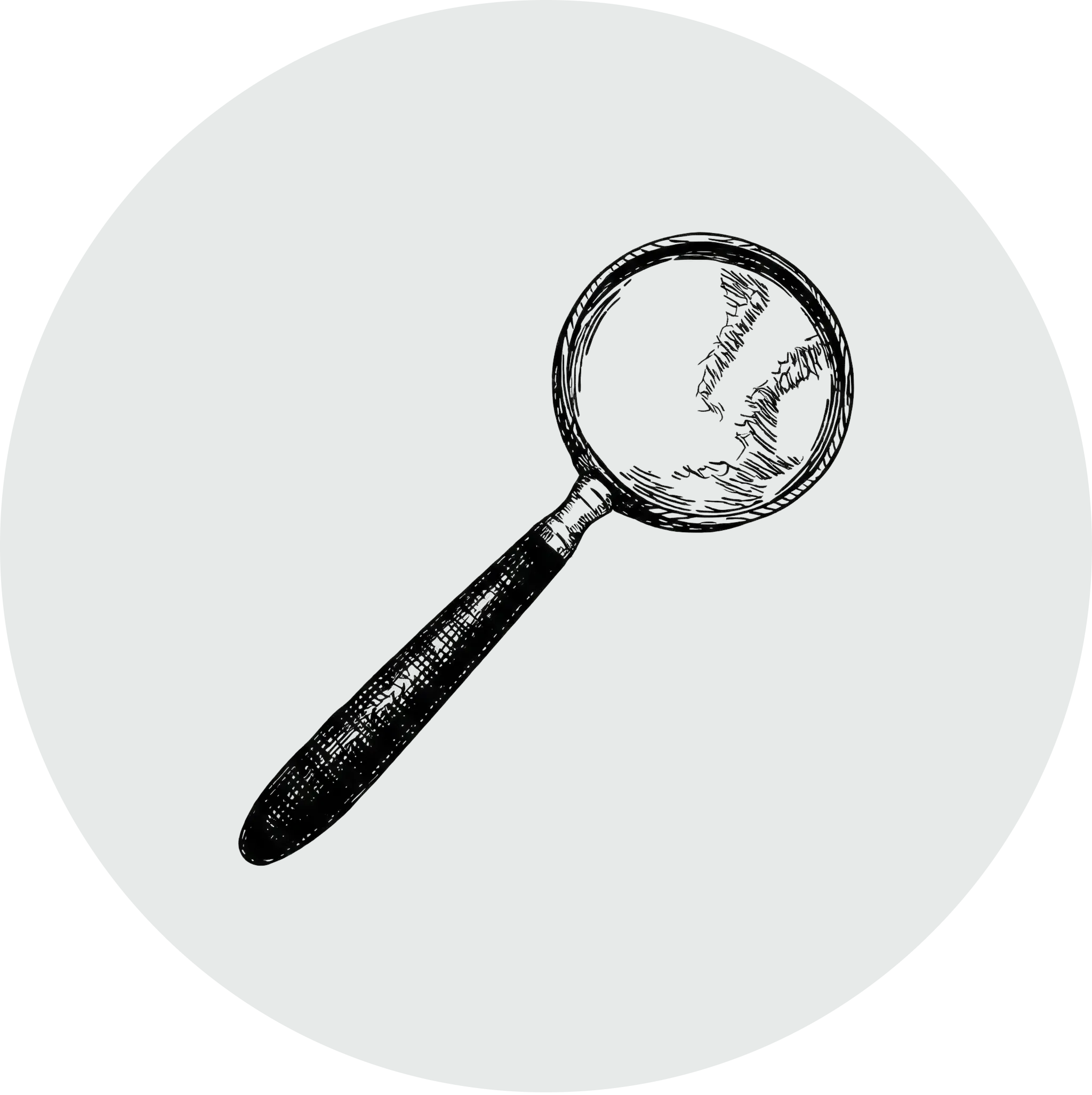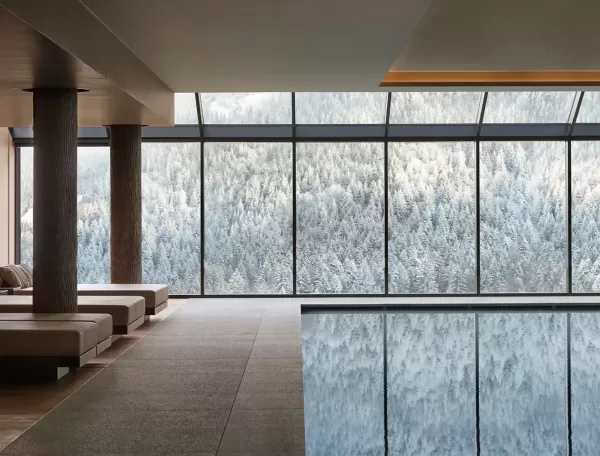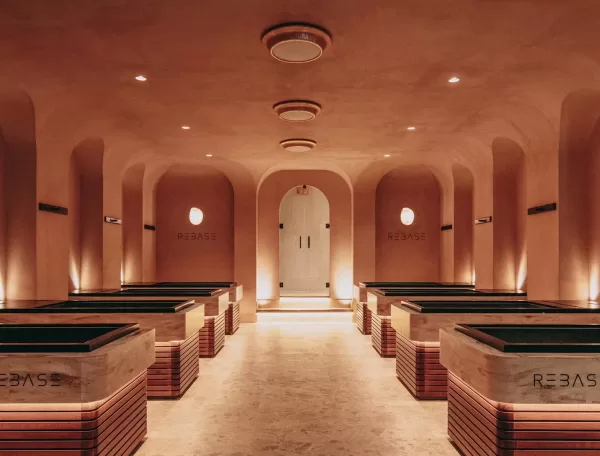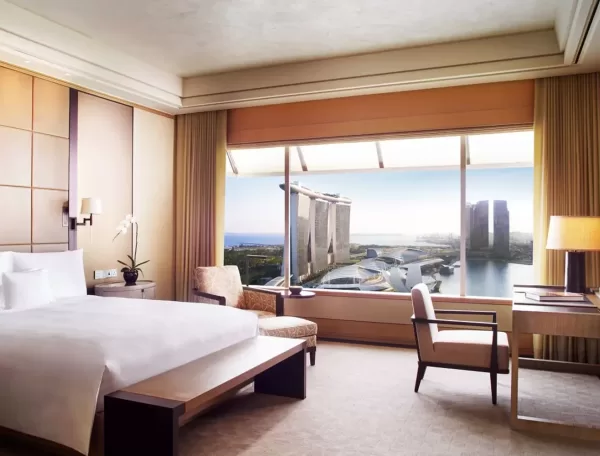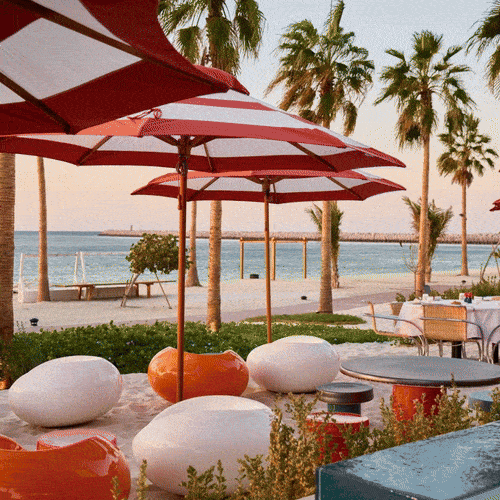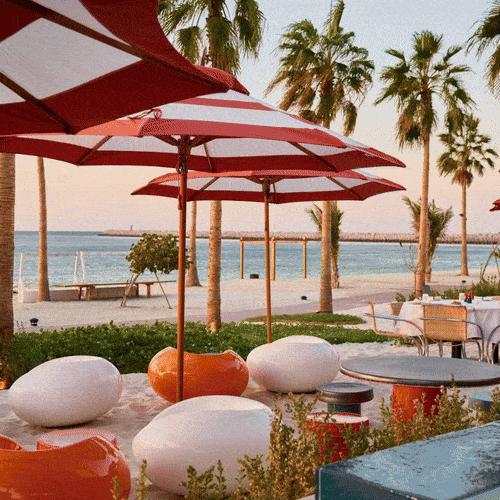No longer relegated to a curious few or those that have followed Goop, the concept of ‘wellness’ has become increasingly mainstream. Commonly considered to be composed of eight different ‘dimensions,’ wellness consists of social, emotional, spiritual, occupational, intellectual, environmental, physical, and financial wellbeing. As the focus on self-care grows, we touch base with Chiva-Som International Health Resort, a leading wellness resort in Hua Hin, Thailand that is celebrating their 25th birthday this year. Following a full renovation a few years ago, they have expanded their treatment offerings, employing some of the newest and most effective techniques to improve each dimension of guests’ wellness during their stay—and beyond.
Furthermore, Chiva-Som effectively integrates Eastern and Western philosophies, a critical element of understanding and best-employing wellness as it exists today. ‘Some of the world’s oldest systems of medicine originated in the East, including Chinese Medicine and Ayurveda, which both remain a main form of healthcare in China and India, respectively. With over 3,000 years of observation and practice, these systems have accumulated a massive amount of observational wisdom,’ says Dr Jason Culp ND, a leading US-trained naturopathic doctor who has been practicing at Chiva-Som since 2012. Coupling these traditional therapies with the latest in health technology and western diagnostics can help explain how things work, and better assess what will be most effective for each individual. ‘We can study and present the profound and wide-ranging benefits of treatments through the guise of western analysis and reasoning,’ he says. This can help create a specific treatment plan that is tailored to each individual.
‘Personalised wellness care is a trend that has been consistent, but what is personal varies between each individual,’ says Dr Culp. This concept goes beyond simple preference. ‘The use of genetic and genomic testing for informing diet and overall lifestyle prescriptions has found its way into wellness programmes around the world,’ Dr Culp says, ‘and the use of digital technology and data analysis continues to grow and expand in ways we never before dreamed possible. Technology can help make us aware of how our daily routines impact health and wellbeing.’
Whilst being appreciated as a wellness tool, technology has also been cited as a deterrent to overall health, causing myriad issues from self-esteem problems to declining vision. Information about the detrimental effects of sleeping near phones and spending too much time on them has been relatively pervasive—at Chiva-Som, for example, guests are encouraged to take a conscious break from their devices. ‘No phones or other electronic communication devices are allowed in public areas,’ says Dr Culp. ‘In this way, we remove outside distractions and allow our guests to embrace their wellness journey fully.’
For those whom the industry or concept of wellness may seem impossible, integrating certain techniques may actually feel like second nature. Changes in breathing alone can make a dramatic difference in everyday life. ‘The qualities of your breathing, including depth, rate, and flow, are great indicators of your current state of health—both physical and mental,’ Dr Culp says. While agitated breathing is a necessary bodily function that assists in response to a potential threat, staying in that state can cause, according to Dr Culp, ‘detrimental health consequences. Slowing your breath rate and concentrating on deeper, rhythmic breathing will make you feel calmer and more relaxed. Try inhaling slowly into your belly for five seconds, then exhale slowly for five seconds (all through the nose) at regular intervals throughout the day. This will help restore balance to your automated stress and relaxation responses, thus promoting optimal health and wellbeing.’
As a practice, meditation has been used across cultures and disciplines for centuries as a method for relaxation and spiritual enhancement, dating as far back as 20 BCE and the Roman Empire. Recently, the invention of apps such as Calm and Headspace, as well as the popularisation of group meditation like crystal sound baths (outdoor gong baths even take place weekly in Leicester Square), have educated a broader public on the practice’s many benefits. ‘In essence, the practice of meditation is a way of cultivating mindful awareness of the present moment,’ Dr Culp relates. ‘In doing so, we can experience benefits throughout our physical bodies—being present can reduce the negative impact of excessive stress on the body, promote mental clarity, enhance mood, and create an overall sense of calm.’
Other prevailing methods of relaxation haven’t lost their panache. Massage, in its various forms, is still a much sought-after self- care practice. However, with many types of massage available, it can be confusing as to which will be the most effective for you. ‘When choosing a massage, consider these two points—1) what your preference is, and 2) what your goal is,’ Dr Culp recommends. ‘Also, if your goal is relaxation, determine what you would like to relax: the mind, body, or both. Deep tissue massage, for example, works great in expelling metabolites from the tissue to stimulate circulation and enhance muscle relaxation. This process is not comfortable, though, so the mind may be unable to settle down during the session. Similarly, if you wish to experience a relaxed mind, a gentle-pressure massage with soothing, flowing strokes will induce a state of mental tranquillity. It may not lead to profound muscle tension release, however.’
More cosmetic concerns factor into the overarching wellness theme as well, and ageing in and of itself can be a cause of stress or anxiety. ‘Ageing is a natural and inevitable process that can’t be avoided. However, the rate at which we age is something that we all have somewhat of a capability to control,’ according to Dr Culp. Aside from common recommendations like not smoking, using SPF daily, and ensuring skin stays moisturised, he says lifestyle changes can carry more weight than we may realise. ‘Eating a diet that is rich in key nutrients such as antioxidants, essential fatty acids, and proteins will help support the body’s internal and external resiliency to ageing and promote skin health—in turn, preserving youth.’
Another persistent area of concern is cellulite. Approaching the issue holistically, both internal and external can promote sustainable results. ‘Most cellulite treatments are geared toward tightening the skin and preserving collagen in the trouble areas by using radio waves and heating devices so that essential nutrients can be made abundantly available for collagen production. At Chiva-Som, though, we’ve found that employing those techniques alongside dietary changes and detoxification methods makes a greater improvement.’
The aforementioned one-off treatments are each effective, but making wellness a part of your everyday life is really the key to creating sustainable changes. ‘You, as the client, need to actively participate in your own daily choices to achieve and maintain your wellness goals—this includes diet, physical activity, time to rest, practising and growing resiliency to stress, participating in joyful activities, and cultivating meaningful relationships. The individually-precise recipe and combination of these determine health, necessary for finding an achievable and effective wellness plan you can practice in everyday life.’
Interested in visiting Chiva-Som? Contact Quintessentially Travel for booking assistance, or your luxury lifestyle manager for expertise on all things wellness.
